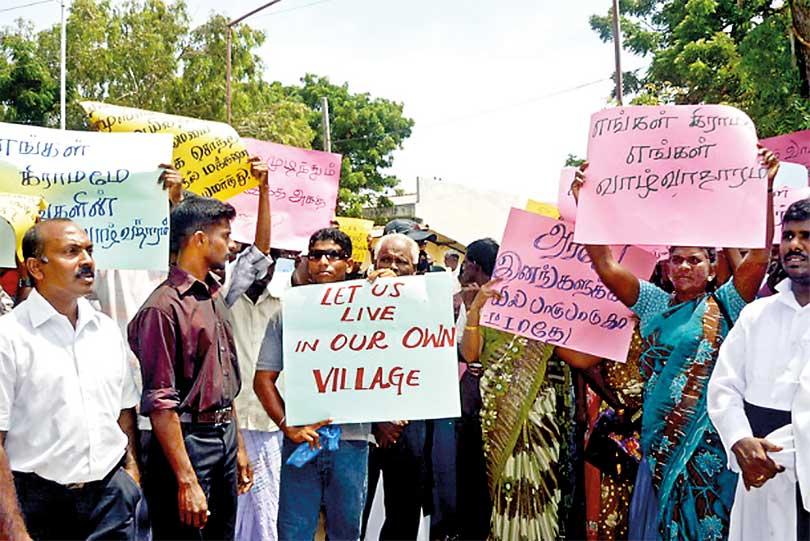Reply To:
Name - Reply Comment

 War and conflict cause serious physical destruction to land and property. Bombings, shelling and direct combat result in populations escaping the impacted areas, often having to flee without preparation or warning. This results in the displacement of people who have no choice but to leave behind their ancestral lands, settling and resettling in vacant spaces, camps or temporary shelters. During conflict it is often unlikely and highly impractical that land owners can protect their property deeds and formal documentation of ownership.
War and conflict cause serious physical destruction to land and property. Bombings, shelling and direct combat result in populations escaping the impacted areas, often having to flee without preparation or warning. This results in the displacement of people who have no choice but to leave behind their ancestral lands, settling and resettling in vacant spaces, camps or temporary shelters. During conflict it is often unlikely and highly impractical that land owners can protect their property deeds and formal documentation of ownership.
Such individuals are likely to come back in search of their homelands unable to claim ownership or to find it seized by the state, occupied by private owners, or destroyed to such an extent that it is no longer useful for farming or cultivation. Having nothing to live off other than their ancestral land, one can imagine the plight these victims face.
Since 2015, Sri Lanka has developed a strong institutional and legal framework that continually pushes the government to continue releasing occupied land to the rightful owners
Reclaiming these lands becomes a constant battle for them. Even if some are lucky enough to get their land back, many complications follow. Land owners must clear shrubs and undergrowth, identify demarcations and borders that are beyond recognition, or rebuild their homes that have either been blown apart by explosions or have literal forests growing in them over the decades.
These challenges are tedious, exhausting, and a mental drain on victims who have already faced trauma and tragedy over the years.
Some victims such as the villagers from Orrani-Kanagar in Pottuvil have been displaced as far back as 1990. Often members of the older generation never get to live on their ancestral lands again during their lifetime. Some youngsters seeing these lands for the first time cannot imagine what their parents’ childhood home looked like.
Land release plays a pivotal role in building sustainable peace. Giving lands back to their rightful owners is a key part of recovering from conflict. Not only is it psychologically uplifting but it also provides victims a means of starting a new livelihood, and a permanent place to call home. The state has a key responsibility in ensuring that these lands are given back to their rightful owners in the most effective and peaceful way possible.
Since 2015, Sri Lanka has developed a strong institutional and legal framework that continually pushes the government to continue releasing occupied land to the rightful owners.
The Office for Reparations (OR) was set up earlier this year. While many believe that the OR only deals with compensation, the office in fact also ensures that the government provides restitution. This means providing remedy to victims who have suffered loss/ injury and returning their life back to normalcy. Land release therefore, which includes returning property that has been unjustly taken away from victims, is essential for restitution.
The following statistics provide information on land released by the state from the end of the war in 2009-2015 and the land release statistics from 2015 until now.
A decade after the end of the war, many victims are still facing adversity and distress. Without strategic and effective empowerment, development remains an unachievable dream.
Having nothing to live off other than their ancestral land, one can imagine the plight these victims face
Reparations, including restitution of lost land and property can prevent marginalization of war affected communities and promote long term peace. This also includes additional measures such as providing immediate solutions to land release disputes, providing livelihood support and infrastructure development etc., which can promote and expedite growth and development.
A genuine effort on the part of the government is a signal to victims that sustainable peace and reconciliation is high on the state agenda. It is also a means of gaining the trust of victims through the recognition of them as equal and deserving citizens with the same rights and privileges as all.